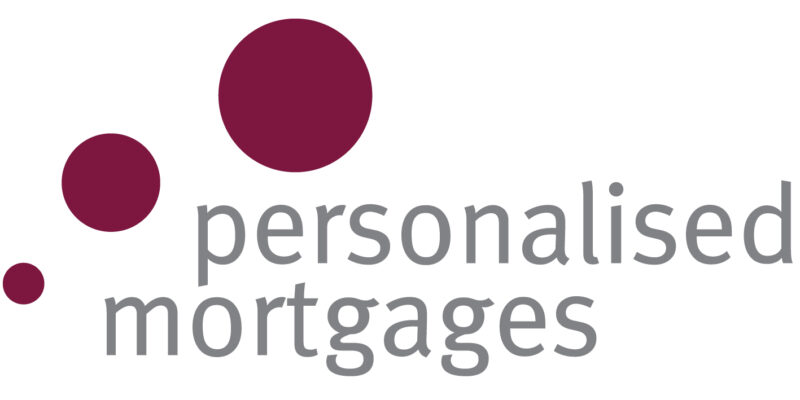The below content below is not advice from Grant Stephens or any adviser or staff members of Personalised Mortgages. This content is provided by a qualified accountant from an external accounting firm (Bring On Monday) which has no common ownership with Personalised Mortgages Limited. The purpose of this article is information sharing only and does not constitute any views shared by anyone at Personalised Mortgages Limited. We encourage you to seek advice from a qualified accountant before making any decisions regarding personal or company taxes or anything accountancy related.
Tax policies that property owners need to know in 2024
Thinking about buying or selling residential property in 2024?
Whether it’s an investment property or your first home, which may become an investment property (i.e. a long-term rental or Airbnb), it’s useful to understand these 3 tax policies that have changed with the new government.
- Interest Deductibility
- The Bright Line Rule
- App Tax (for Airbnb)
1. What is interest deductibility?
When property owners can deduct the interest paid on their mortgage loans from their taxable income. In other words, if you are earning income off your property (i.e. from a long-term rental or Airbnb) you can claim the interest you pay on your mortgage as an ‘expense’. Higher expenses = lower profit. You pay tax on your profit, so this means you pay less tax.
What are the changes?
In 2021 Labour started phasing out interest deductibility (besides on new builds) and now the new government are phasing it back in and back dating it to 1 April 2023.
- 60% of interest costs in 2023/24 (compared to 50% currently for grandparented loans and 0% for new loans).
- 80% in 2024/25.
- 100% in 2025/26 (Starting from April 2025, you will be able to deduct all your mortgage interest costs).
*Note: we assume that during the phase-in period, ‘new builds’ will continue to have full (100%) interest deductibility.
2. What is the bright-line test?
The bright-line test is a form of capital gains tax in NZ. Capital gains tax applies in most countries and is tax paid on the profit from selling an asset (i.e. a property).
In New Zealand, when a property has been purchased with the ‘intention’ of resale you’ll have to pay tax on any profit from the sale later on. The intention to sell does not need to be the main reason for buying the property – (it could be one of several reasons for buying).
‘Intention’ is quite hard to prove, so in 2015 John Key’s National Government decided time frames would help define the buyer’s intentions and introduced the bright line test (which was 2 years). So if you sold a property within two years of buying, it was assumed you had intended to resell the property and you had to pay tax on any capital gain.
A few years later the Labour Government extended the bright-line test from 2 to 5 years. Then, in 2021, they did it again. This time they took it out to 10 years.
Before the 2023 election, the bright-line test was 10 years. So, if you sell a residential property within 10 years of owning it, you may have to pay tax (besides new builds, main homes and other exemptions).
But now it’s changing back again…
What are the changes?
The mini-budget announcement on 20 December 2023 said “The bright-line test for residential property will be returned to 2 years from 1 July 2024.”
This means that properties purchased before July 2022 that are sold after July 2024, are not expected to be subject to the bright-line test. Therefore tax will not be payable on any profits made over the period.
Under the previous Government property owners needed to hold on to an existing property for 10 years to avoid being charged tax on any capital gains.
Note: Generally, the bright-line property rule does not apply to a sale of property that has been your main home. And there are other exemptions.
3. What is Airbnb ‘App Tax’?
From April 1 2024, online marketplace operators (also known as digital platform operators) will need to collect GST on all listed services provided through their online marketplace. Platforms involved in ride-sharing, food delivery or short-term accommodation will need to charge GST even if the owner doesn’t make $60,000 annually (which is the GST threshold in NZ). Yes, that includes Airbnb.
What are the changes?
For those who are not registered, Airbnb will be charging 15% GST and then giving back 8.5% meaning that 6.5% will go to IRD (previously no GST was payable). This means that if you have an Airbnb, you may want to factor this into your margins and increase your pricing. For those who earn over $60,000 annually, normal GST rules apply.
Need help?
The above is only a guide and is based on the knowledge available from the government at this current point in time. We expect IRD will be updating their website to reflect the changes soon.
Feel free to get in touch with Bring On Monday or connect with me on Linked In for any advice or support related to Accounting, Tax or Business Advisory.

